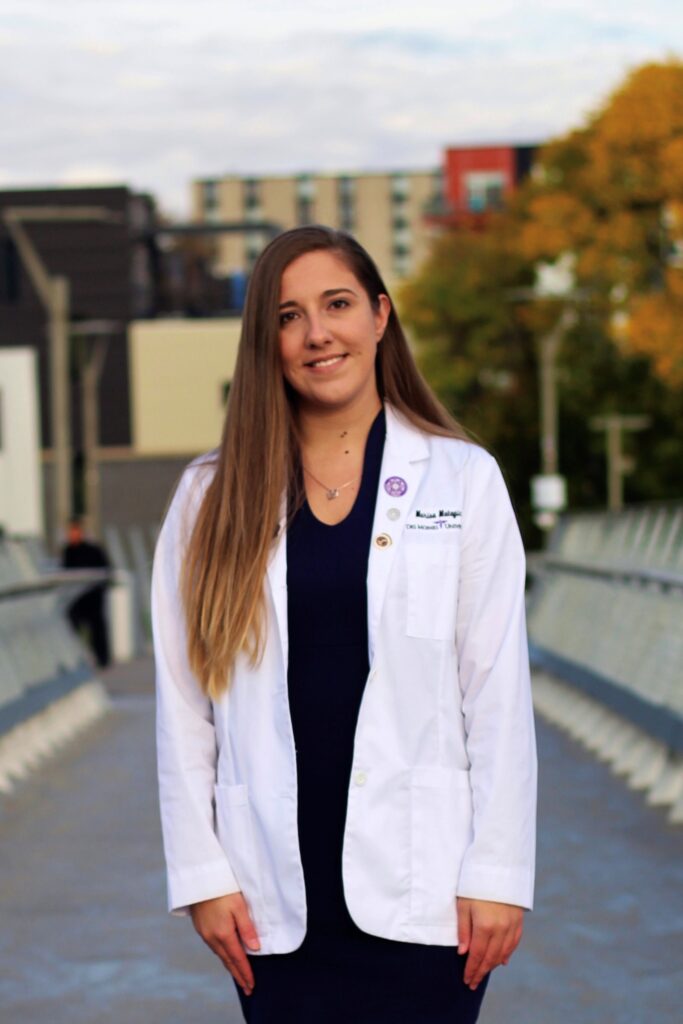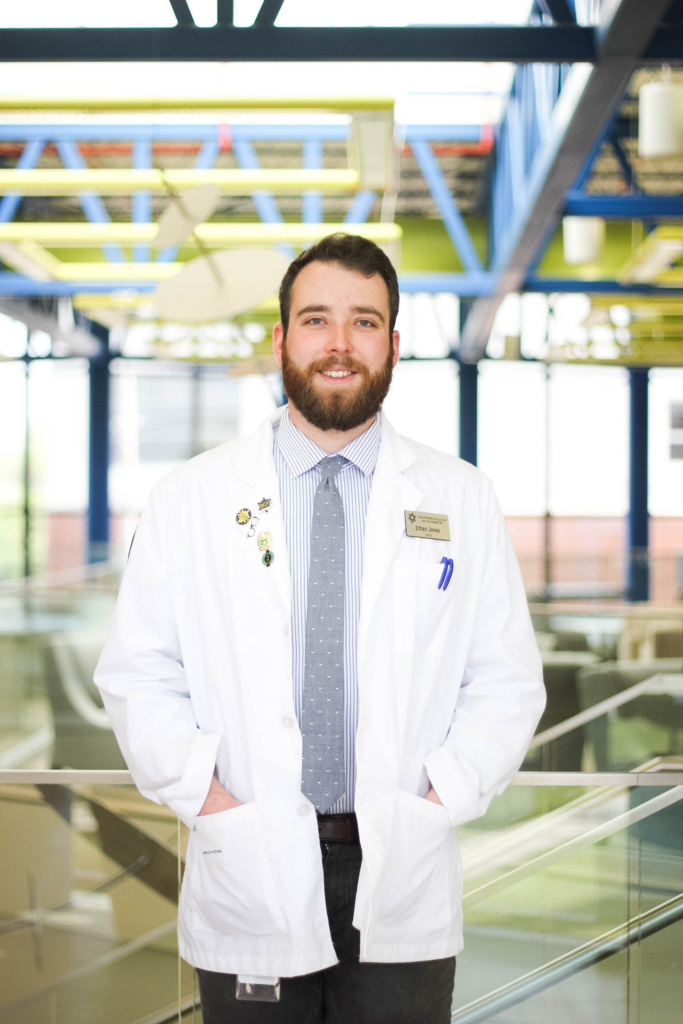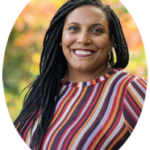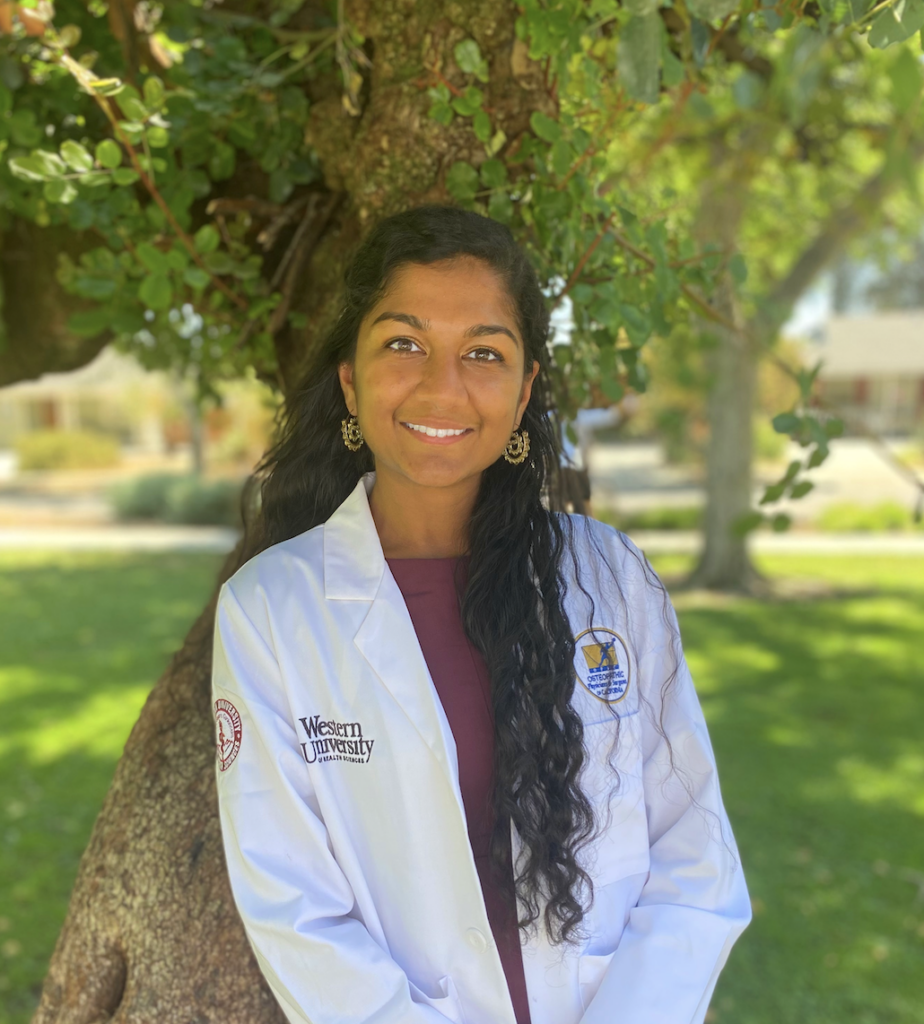“We don’t think about our feet before we have a problem with them.”
Murisa is a third year DPM (Doctor of Podiatric Medicine) student at Des Moines University in Iowa. A 2017 graduate, Murisa studied Biological Sciences with a minor in Chemistry at UVM. During her undergraduate career, Murisa worked as a RA and a building manager at the Davis Center. She also served as a volunteer mentor through the DREAM-Riverside program, which Murisa described as a “rewarding experience.”
When reflecting on her choice to pursue a career in healthcare, Murisa discussed how her passion for medicine “clicked when [I] started scribing.” Murisa’s scribing (and, later, shadowing) experience was highly valuable, as it helped her to gain a better understanding of different medical specialties and allowed her to discern which career path was right for her. When asked why she chose podiatric medicine, Murisa noted that, “We don’t think about our feet before we have a problem with them.” She went on to say that there is a “great work-life balance” in this field, and the ability to engage in “hands-on” clinical procedures that yield “tangible” results drew Murisa to this branch of medicine.
Upon reflecting on her time in medical school thus far, Murisa acknowledged with a laugh that “[I] never studied so much in my life.” Nonetheless, she has experienced many key moments that have “affirmed [her] choice” to pursue a career in the health professions. Murisa speaks highly of the friends that she has made and the physicians who serve as faculty members within the College of Podiatric Medicine and Surgery at Des Moines University. Murisa described her professors as “passionate [about podiatric medicine]” and “very willing to teach,” noting that they often address medical students as “Student Doctor.”
Outside of academics, Murisa enjoys spending time with her friends and taking walks along one of the lakes in her town. A lesson that Murisa learned during undergrad which still rings true today was that “You still have to make time for you,” regardless of hectic schedules and rigorous coursework. When asked what advice she would give current students interested in pursuing a medical career, Murisa encouraged students to expand their understanding of the medical field by shadowing a wide variety of physicians with different specialties, stating “Don’t be afraid to ask questions. Don’t be afraid to try new opportunities.”




